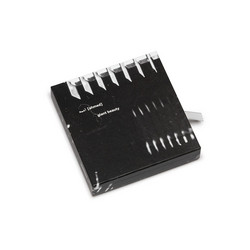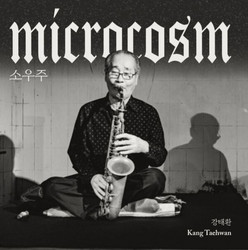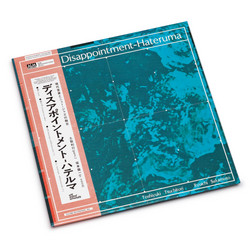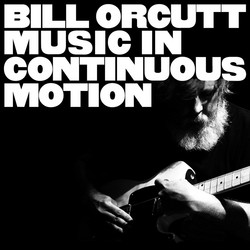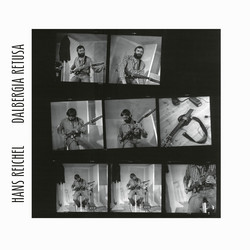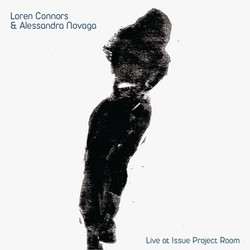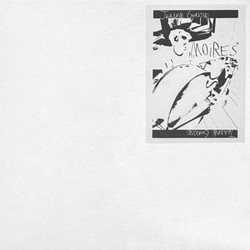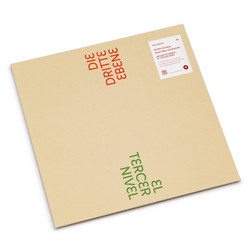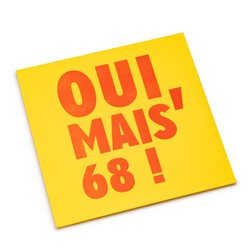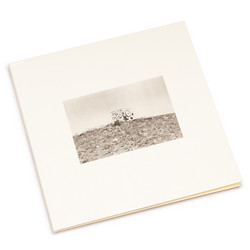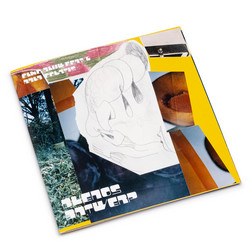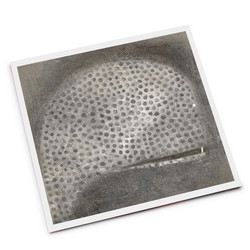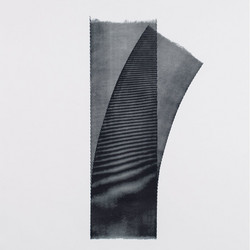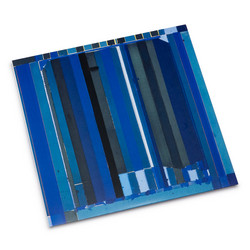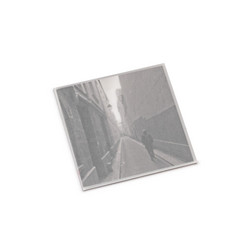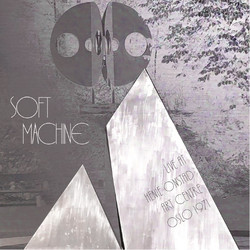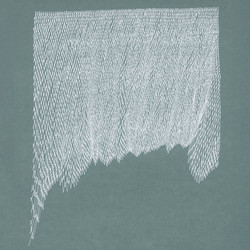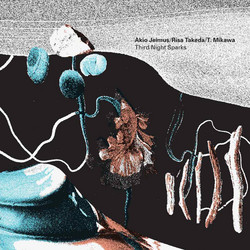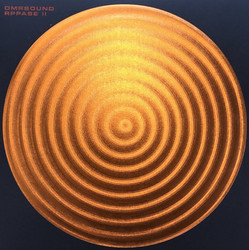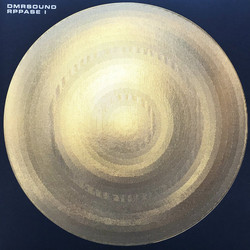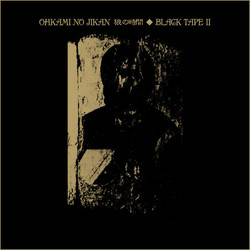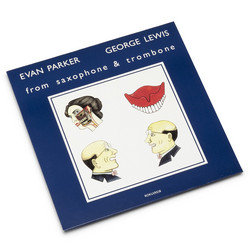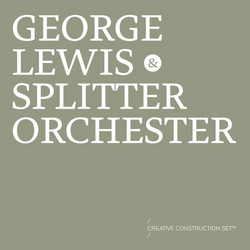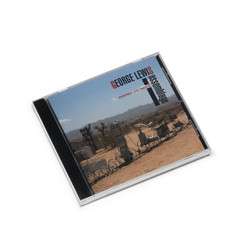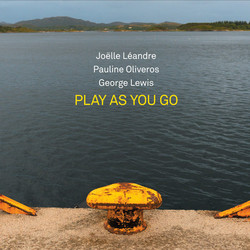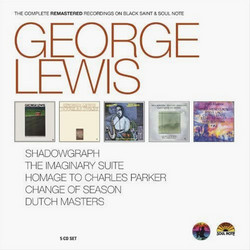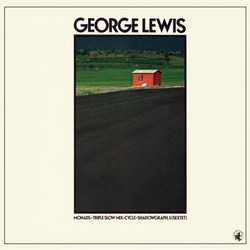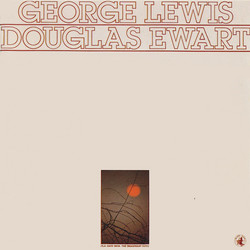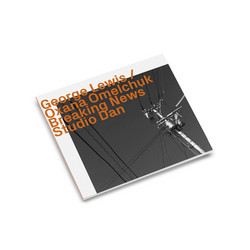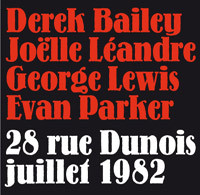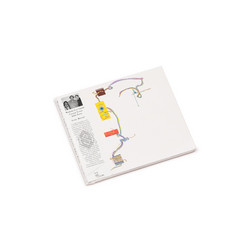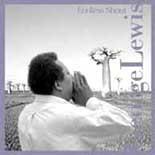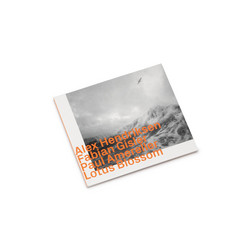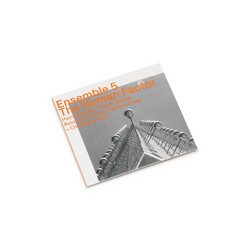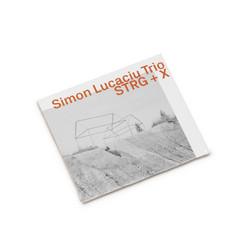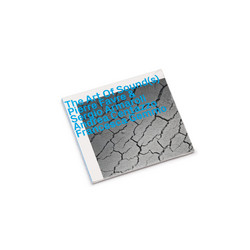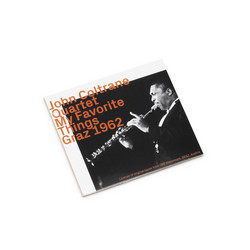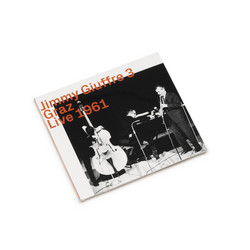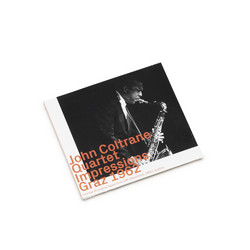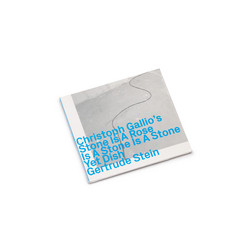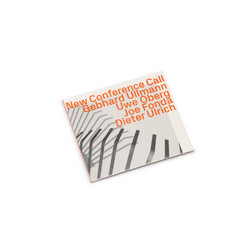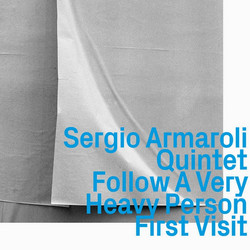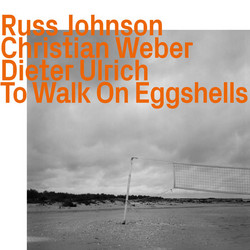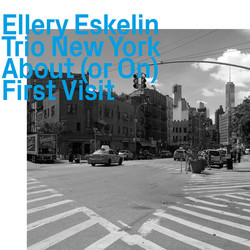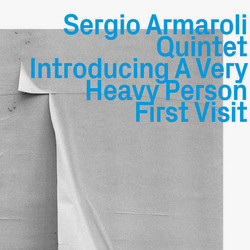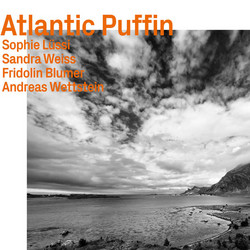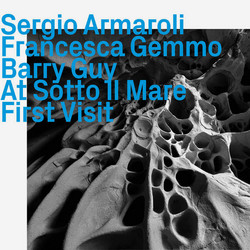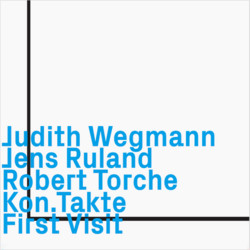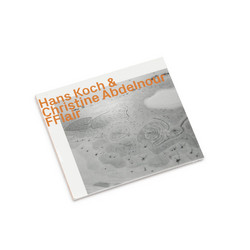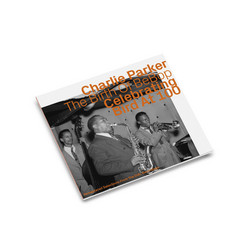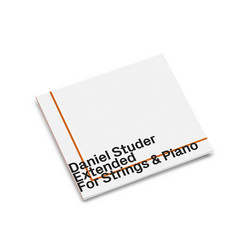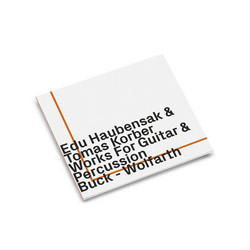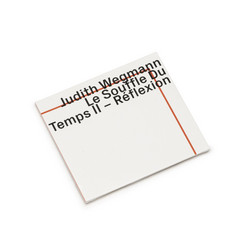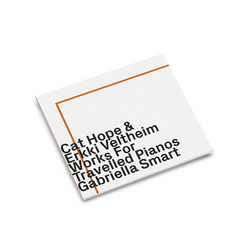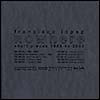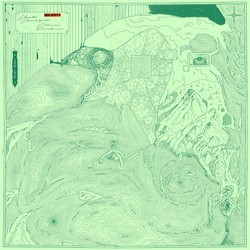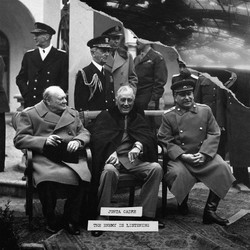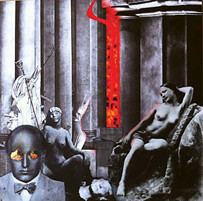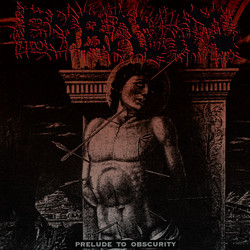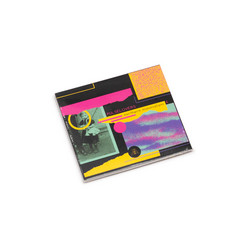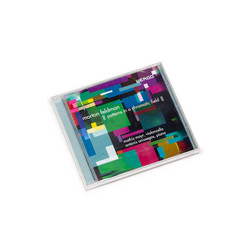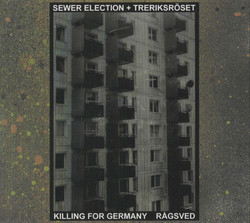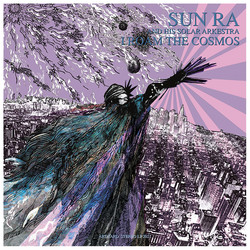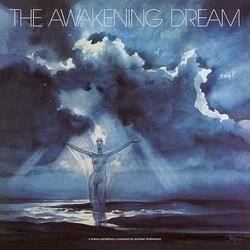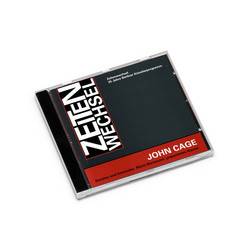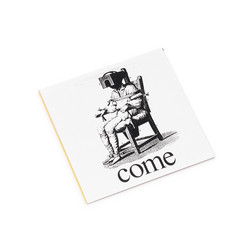**In process of stocking** "When the British poet Samuel Taylor Coleridge offered the term "suspension of disbelief" in 1817,he was proposing that the reader of literature might find an aesthetic satisfaction from an experience that exceeded the commonly-held boundaries of logic, convention, or assumed reality by freely accepting its unfamiliar, disconcerting premise and/or unorthodox, otherwise inconceivable details. This state of mind suggests a recognition of, and participation in, the moment of awareness, thereby intensifying the specific nature of the experience, and embracing the unpredictability and idealism of the new - and with it evolved the aura of abstraction, ultimately leading to the adventures of Modernism in all of the arts, soon to come.
The act of improvisation was, no doubt, an important element in the early 20th century rise of Modernism, especially as initiating and energizing impulse in those most extravagant experiments - the brilliantly acoherent (a description coined by critic Richard Kostelanetz as a literary equivalent to atonality in music) poems of Gertrude Stein, the visual juxtapositions in Kurt Schwitters' collages, the absurdist theatrical hijinks of the Dadaists. Yet in music, improvisation lagged behind; consider, the tectonic shifts in tonality from Schönberg and, moreso, Webern came attached to predetermined systems, and, not long thereafter, the system-rejecting indeterminate, chance operations of John Cage were intentionally anti-improvisatory. Flamboyant instrumental improvisations in India and the Middle East were dependent upon rigid rhythmic sequences. Even in jazz of the time, the improvisational solos that defined the music were devised from a disciplined song structure.
Jump-cut to today, and the music on this disc. The trio of Harald Kimmig, Daniel Studer, and Alfred Zimmerlin creates abstract soundscapes, with freely improvised materials, without the distinction of recognizable melodies or the foundation of organized rhythm or harmony. Though individually they have frequently performed with improvisers of varying jazz experiences and techniques - including Cecil Taylor, Steve Lacy, Tony Oxley, John Tchicai, John Butcher, and Evan Parker (Zimmerlin, additionally, is a composer whose works have been performed by the Arditti Quartet, among other groups) - this is not Free Jazz, which over the course of its history has developed certain styles, directions, and concepts that have codified at least some of its methods. Their inspiration as a trio, reminiscent of the still-often-startling wonders of Stein and Schwitters, enhances what seems on the surface to be disorganization into a radical sense of coherent perception - not simply reorganizing familiar elements, but using the essence of sound (timbres, textures, dynamics, space, and silence) to uncover music hidden in the cracks of experience, improvisation as a microcosm of productive activity. Their music follows Aristotle's dictum, that "Art in a sense completes what Nature is unable to finish."
Inviting the multifaceted George Lewis to collaborate with them allows the trio to expand their perspective without modifying or compromising it. His expansive résumé is, or should be, well-known, documenting his creativity in jazz, Free Jazz, non-idiomatic improvisation, and electronic programming and composing. In this situation, his subtle electronics color the music as an organic entity; it is often difficult to isolate the electronic timbres from the extended string techniques. His trombone, however, is an intensifying agent in the mix, provocatively distorting the misconception of the trio as limited to "improvisatory chamber music." On "Tactus and Tatum," for example, his initial pungent forcefulness matches the percussive attack of the strings, but quickly morphs into mumbling and vocalized breath, swallowed up by the strings' passion, gradually abated. Elsewhere, when less aggressive, the trombone blends into arco passages with a hazy chiaroscuro - the drama of the drop in dynamics and instrumental shading during "Very nice" is worthy of a late Turner water-color seascape.
Constructed from four individual simultaneous viewpoints (Zimmerlin has called it "collective mobile forms," alluding to Calder mobiles in which the relationship between the components, and thus the visual effect, is constantly changing), there is nonetheless a palpable sense of ensemble throughout the proceedings, based upon the immediacy of awareness, of meaning projected by necessity. Intent on disrupting preconceptions, the participants imply harmony with interactive instrumental gestures, dissolve rhythm into avenues of ambiguity, reveal character with intuition and nuance, existing continually only in and of the moment, exploring the sensibility of an eternal present. Believe it or not."- Art Lange
